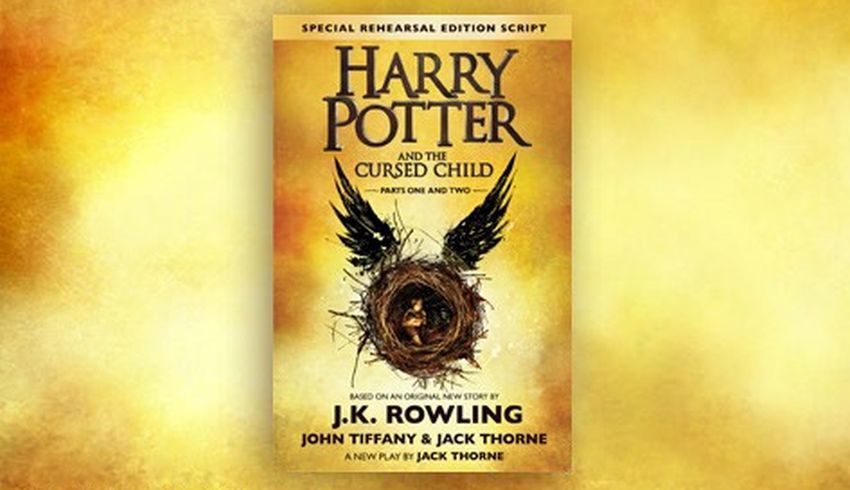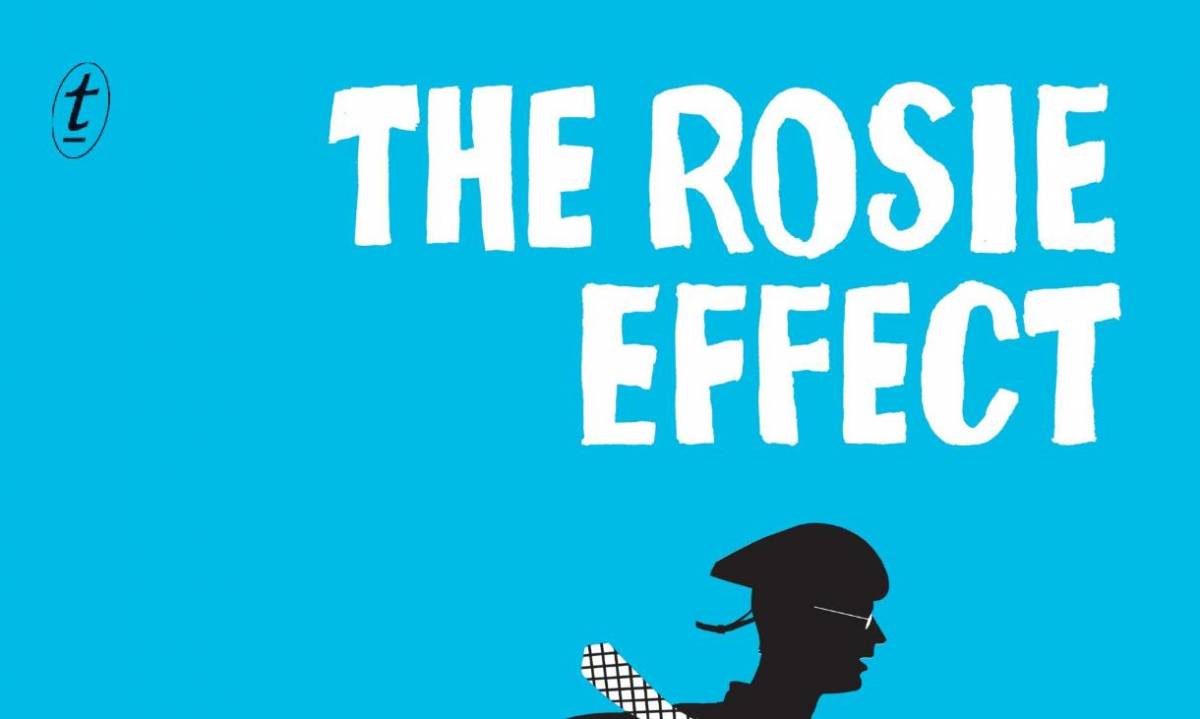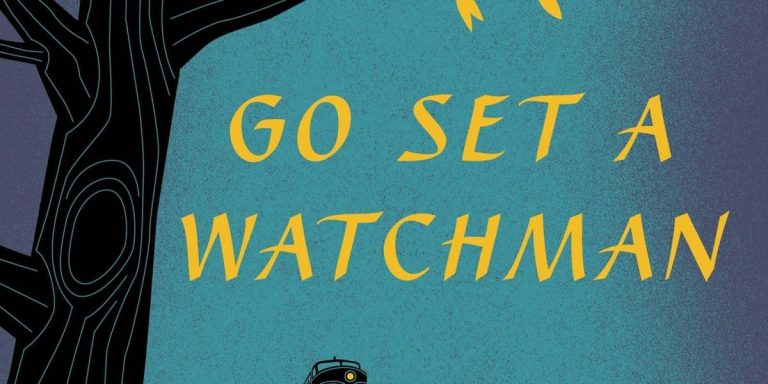All book lovers have been there. We wait, mostly impatiently, for a new novel by our favourite authors. Maybe the new book is a sequel to an already beloved volume. Maybe it is something entirely new, but we love the author, so it won’t be a problem, right? Well…wrong.
There’s as many reasons as there are books in the world for explaining why we might not like a story and most of them are perfectly legitimate complaints. The thing that hurts readers is when our trust is betrayed by the writer we thought we could trust. There’s a whole history of literary criticism that talks about the Death of the Author, how something no longer belongs to the creator once they have released it into the wild.
There is an equally vocal group who talk about the tyranny of the reader, how we are an entitled bunch who don’t deserve what we get and should therefore appreciate it all the more. I tend to be a fairly balanced mix of both opinions myself; whilst I find some fans too over the top in the demands they make of authors, I am also a big advocate for fanfiction and transformative works. I am also very guilty of feeling a profound sense of disappointment when a story doesn’t go the way I want it to – for a lengthy example of this, read my article on Harper Lee and ‘Go Set a Watchman’.

‘Watchman’, however, is not a book that perfectly illustrates the disappointing spinoff/sequel problem. It was, after all, a thing that Harper Lee never wanted to be shared. I made my peace with that, and I stick by it. So what of books that have been created, carefully and lovingly, by authors who publish them willingly and wait for a response from previously adoring audiences? Is there ever a way to reconcile an author’s vision with the opinions of the readers they are supposed to be entertaining?
I promised myself I wouldn’t mention ‘The Cursed Child’, but I’m afraid my ramblings have brought me here. I know JK Rowling did not have everything to do with writing that play but it has her name attached and it is very much a part of her monolithic creation. A lot of people have had good things to say about the story; a lot of other people, notably a large cross section of the old fandom, think it is little better than a joke and poor one at that. I am not going to be the person who spoils it; go and get the book and decide for yourself.
As someone who used to adore Harry Potter and had become increasingly disillusioned with the whole thing, ‘The Cursed Child’ is the final nail in the coffin. JK Rowling has every right to her own creation, of course, but that doesn’t mean I, or many fans like me, have to enjoy it. The titbits of information we used to get from Pottermore and those erstwhile JK tweets used to be fun, but they long stopped being so. There comes a time to let things go and, in this case, it should have been long before ‘The Cursed Child’ came into being.

‘The Cursed Child’ is a massive example of this issue, but there are plenty more. In my own experience, the majority of disappointing books I’ve read have been sequels or part of a series. ‘The Rosie Effect’ by Graeme Simsion, sequel to the best-selling ‘The Rosie Project
‘, is a book that takes a concept too far.
‘The Rosie Project’ is funny, clever and warm, a love story about an awkward professor who falls for a woman he believes is totally wrong for him. The narrator’s borderline Asperger’s Syndrome isn’t played for laughs; instead we get a gentle exploration of an excellent three dimensional character and the woman who loves him. In ‘The Rosie Effect’, the couple faced the usual trials you would expect of a love story, but it left me feeling empty, even at the happy ending. Rosie, whom I adored in the first book, was barely recognisable. Characters are allowed to grow, of course, and face troubles that change them. It wouldn’t be an ordinary story if they didn’t. My problem came from Rosie losing her heart, her quirkiness that had defined her as a person; whether this came from the male author being unable to sustain such a female character, or because he always intended Rosie to turn out that way, it does not matter. Either way, it is a disappointing end to a story that began so well.

There’s also the issue of idolising an author too much. I, for example, will read anything that has the name Bill Bryson attached to it. All readers have those authors who are their kryptonite, the one you would follow anywhere. Yet neither of these authors are infallible. I can admit that ‘The Road to Little Dribbling’, Bryson’s latest, should have been a welcome return to his travelogues after a couple of years foray into popular history. Whilst I enjoyed the book for what it was, I cannot say it left me with the same warm feelings his older books did. Bryson has always been cynical – it is part of his charm – but he could also see the joy in small, inconsequential things. I felt like ‘Little Dribbling’ veered too far into ‘grumpy old man Bryson’ with too much complaining and less of the joy. If this is what a return to travelogues looks like, I’d be much happier if he had stuck to the history instead.
In a world full of books, with thousands published each year, you couldn’t blame fans for sticking with the names and publishers that they recognise. This ‘brand loyalty’ is, for many readers, the still point around which their hobby revolves, and they expect a certain amount of loyalty in return. There is only so far you can push a consumer before you lose them forever, and it is the same with readers. Some of this is the problem of the authors, of course, but I suspect more of it has to with publishing companies, who know precisely how to market to these loyal readers.
‘Go Set a Watchman’, to come full circle, was put out there by publishers who could not have failed to recognise how controversial and destructive it could be to Lee’s legacy, but they went ahead and published it anyway. In an industry where that is a legitimate money making scheme, readers have every right to be disappointed and make demands for better art. It is a right and, I would almost be brave enough to assert, a necessity.
Some of the coverage you find on Cultured Vultures contains affiliate links, which provide us with small commissions based on purchases made from visiting our site.

